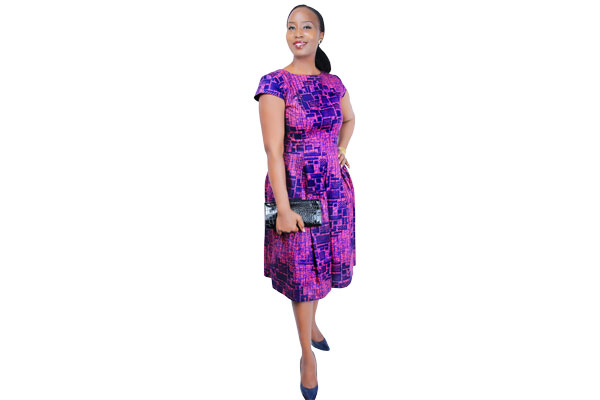Prime
My experience at NIRA which is manned by UPDF soldiers

Author: Victoria Nyeko
What you need to know:
- Independence. In Uganda, given the importance of the national IDs for citizens to access services, passports and national voting, at the very least NIRA should be seen to be independent of NRM interests and more aligned with the interests and welfare of all Ugandans.
Recently, I travelled to Lagos, the capital city of Nigeria in West Africa, to attend end of year prayers at the Synagogue Church of All Nations. We travelled as a group of about one hundred people from Uganda.
Before traveling, I realized that my ten-year Ugandan passport was due to expire and needed to be renewed. Upon renewal of my passport I would be issued with the new East African Community passport. The renewal process would have been quick and straight forward, however, according to the Directorate of Citizenship and Immigration Control, they no longer only use the old passport in the renewal process, especially if the details on the old passport are not exactly the same as the information on the National Identity (ID) card.
Therefore, as it stands now, it is the information, including National Identity Number (NIN) on the ID that is actually used for the renewing, issuance of new passport. In case of any change of information between the ID and old passport a letter from National Identity Card Registration Authority offices (NIRA) located at Kololo Independence grounds would be required before proceeding with the passport renewal. I went to NIRA to obtain the necessary letter, and verification of changes.
At the NIRA offices, the gates are guarded by UPDF soldiers. You might be forgiven for thinking that the presence of the soldiers ends at the gate, but the increased presence of armed UPDF soldiers in uniform becomes more evident.
Some soldiers dressed in civilian clothes but carrying firearms questioned in a most aggressive and hostile manner before granting me permission to speak with civilian NIRA staff at the tables. I soon discovered to my surprise that NIRA offices are
operated, managed and run by UPDF soldiers. Even the letter I required, was written by UPDF administrative personnel.
Since my experience and interaction with NIRA and UPDF at Kololo Independence Grounds, I have been wondering if perhaps the 1995 Constitution of Uganda or some Act of Parliament gives the UPDF legal mandate to take charge of issues of National ID operations at NIRA.
My suspicion is that since the campaigns are expected to start next year ahead of the 2021 General Election in which the UPDF Commander in Chief will stand as presidential candidate, the motive for UPDF soldiers controlling national identification registration process points towards the sole interest of individuals.
According to NIRA website, situations where Ugandans will need national ID cards are in identification of citizens for purposes of voting in parliamentary and presidential national elections, processing land tittles, issuance of passports, accessing Government services such as health care, education and employment in public civil service and private services.
In the last three years, it has been suggested that data collected during the mass ID registration process was eventually fed into 2016 voter registration after the government pushed through the controversial law, Registration of Persons Act 2015. The fear remains that the law illegally transferred the Electoral Commission’s constitutional mandate to compile the voters’ register to NIRA, which was created under the new law. In other countries, the involvement of the army with national identity cards normally starts and ends with road ID checks.
In November 2019, the Nigerian army conducted countrywide operations to root out foreign criminal elements by systematically checking ID cards. In Uganda, given the importance of the national IDs for citizens to access services, passports and national voting, at the very least NIRA should be seen to be independent of NRM interests and more aligned with the interests and welfare of all Ugandans.
Ms Victoria Nyeko is a media commentator.
[email protected]
Twitter:@VictoriaNyeko




